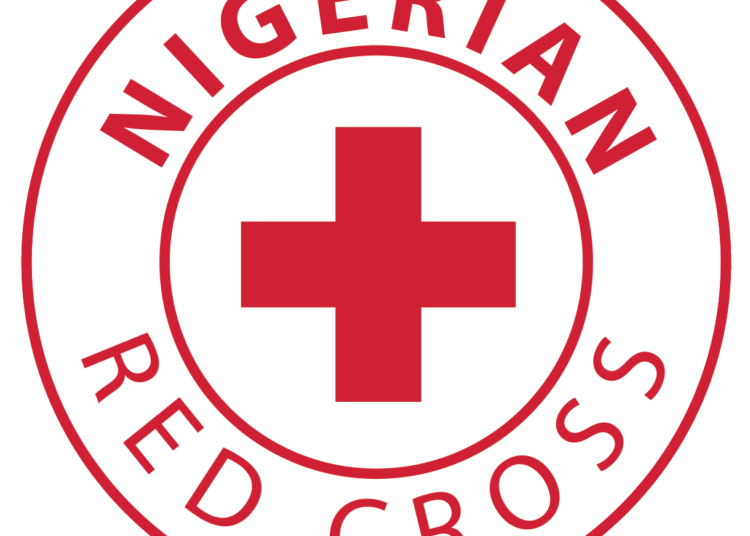The International Committee of the Red Cross (ICRC) has called on journalists to take a frontline role in protecting healthcare services and workers from violence, particularly in Nigeria’s conflict-affected North West region.
Speaking at a one-day media roundtable on Healthcare in Danger (HCiD), held in Kano, the Head of ICRC Sub-delegation, Mr. Roger Al Haddad, said the increasing attacks on health workers, facilities, and ambulances were undermining healthcare delivery and threatening lives in vulnerable communities.
He lamented that doctors, nurses, and ambulance drivers were often targeted, intimidated, or abducted while performing life-saving duties, with some health facilities destroyed or abandoned.
According to him, “Beyond the immediate loss, these attacks have a ripple effect, denying thousands of people access to life-saving services and further weakening an already fragile health system.”
He explained that the ICRC’s HCiD initiative seeks to ensure the safety, respect, and protection of medical personnel, facilities, and patients during conflicts.
He emphasized the vital role of the media in promoting humanitarian reporting that shapes public understanding, encourages empathy, and reinforces respect for medical neutrality.
“The media plays a central humanitarian role — you are storytellers, witnesses, and influencers. Accurate, ethical, and conflict-sensitive journalism can literally save lives,” Haddad noted.
Also speaking, Director of Public Affairs at Bayero University, Kano, and media consultant, Lamara Garba, said the forum was timely as attacks on healthcare workers continue to rise. He decried instances where armed groups forced medical personnel to prioritize treatment for their members over other critical patients, describing it as a violation of medical ethics and humanitarian principles.
He urged journalists to use their platforms to expose such violations, influence attitudes, and push for policies that protect healthcare in emergencies.
Presenting an overview, ICRC Humanitarian Affairs Advisor, Juliet Kelechi, said violence against healthcare remained grossly underreported in Nigeria, calling on journalists to drive awareness and accountability through objective reporting.





